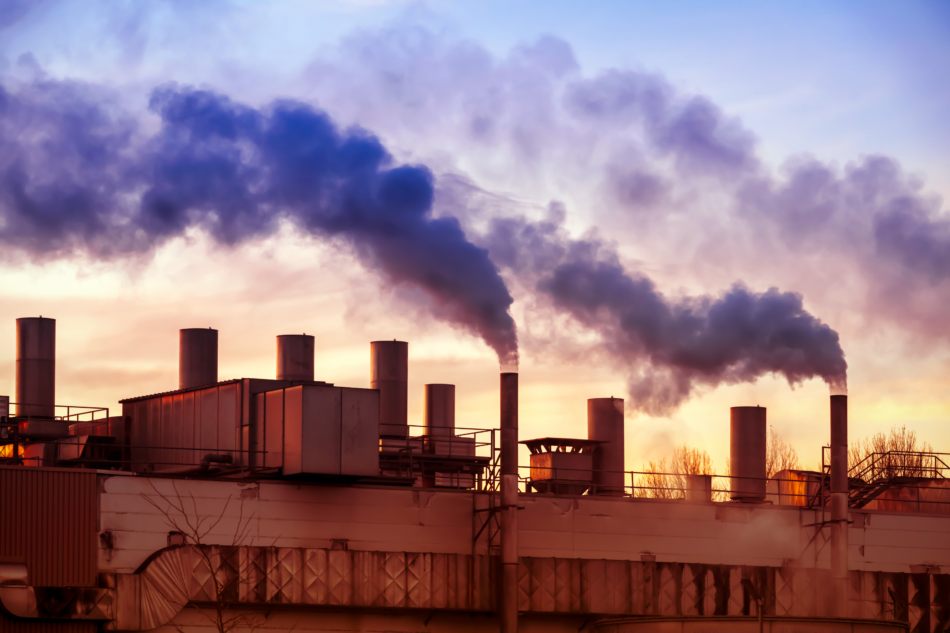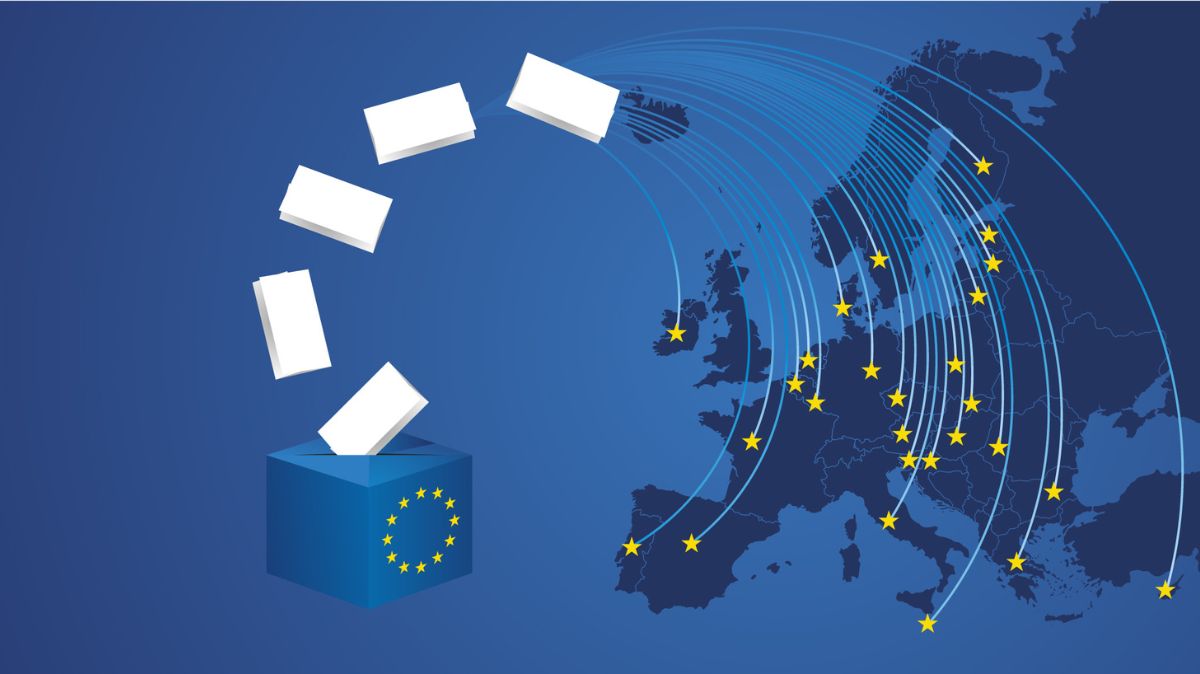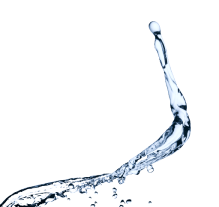The European Commission has released the Report on the implementation of the Industrial Emissions Directive for 2013-2018.
The Industrial Emissions Directive (IED) is the primary EU legal instrument to regulate emissions from about 52 000 agro-industrial installations across the EU. These include among others: power plants, refineries, production of steel, non-ferrous metals, cement, lime, glass, chemicals, pulp and paper, food and drink, waste treatment and incineration and the intensive rearing of poultry or pigs.
It aims to achieve significant benefits for the environment and human health, in particular through the mandatory application of Best Available Techniques (BAT). The water-related elements we have identified in the report are:
The situation regarding emissions to water, is less clear – they are estimated to represent 20 to 40% of emissions of heavy metals and 30 to 60% of pollutants other than nutrients and organic carbon.
More derogations have been granted for emissions to air than for emissions to water.
Baseline report expected, according to Article 22(2) of the IED, where the activity involves the use, production or release of hazardous substances. The report shall be submitted to determine the state of soil and groundwater contamination at the site of the installation. The baseline report shall be submitted before the start of the installation operation or before the permit of the installation is updated for the first time after 7 January 2013.
The IED has led to substantially reduced pollutant emissions to air and, to a lesser degree, to water.
The IED is largely coherent with other EU policies and supports, at least to some extent, their delivery. There is however scope for greater contribution in some areas, such as water policy.




